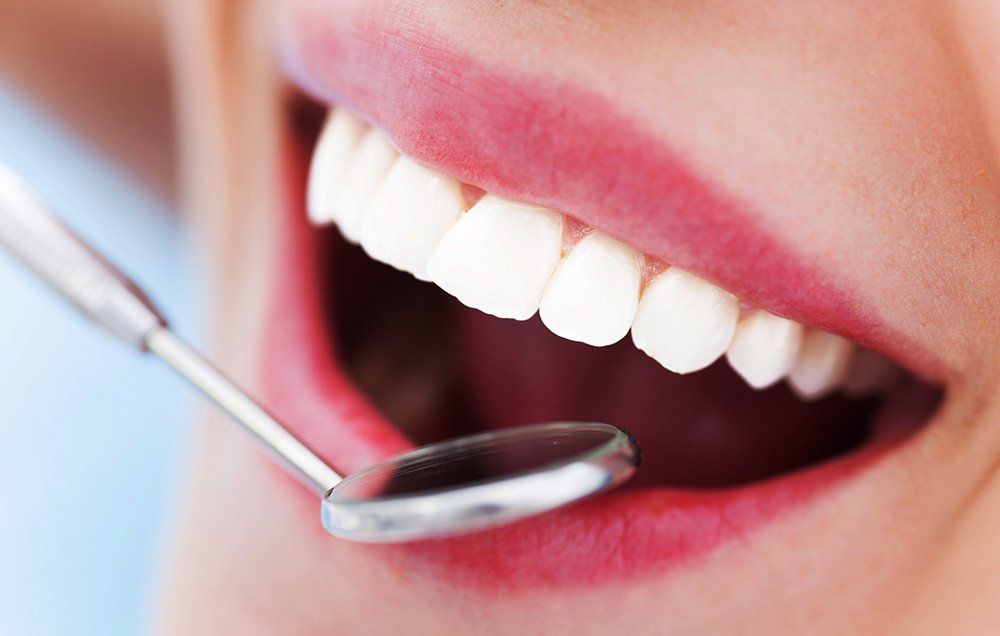Queensway Clinic Is The Leading Provider Of Dental Services In Mississauga. We Pride Ourselves On Providing Excellent Dental Health Care For The Whole Family. If grinding your teeth is a habit for you, it’s fair to be concerned about recent dental implants. Can a parent who is worried about their child getting hurt in sports also be considered normal? A customized mouthguard can solve both of these issues. To prevent serious injuries during sports, it is advised to wear be spoke mouthguard.
The teeth and gums are shielded from harm and injury by detachable mouthguards. Since they are simple to wear and offer better tooth protection than other options, mouthguards—which were first worn by sportsmen—are becoming more and more common among Mississauga area leisure athletes.


Cleaning And Upkeep Of Mouthguards
It doesn’t take much time or effort to maintain and care for mouthguards. Mainly, make sure everything is tidy! Before replacing your mouthguard in your mouth, make sure you completely rinse it after every usage or clean it with a mild cleaner. To avoid harm or an unpleasant smell, dispose of it in a vented container. To preserve its form and characteristics, a mouthguard composed of acrylic must be submerged completely in water. You’ll feel secure if you have the appropriate mouthguard. Seeking counsel from a dentist is advised before using a mouthguard. Whether it’s a prefabricated mouthguard or a customized one, they will provide you with the best advice on how to wear and take care of it.Various Mouth Guard Types
It should be strong, cosy, and resistant to tearing whether you go with an over-the-counter or bespoke mouthguard. It should be well-fitting and should not impede your ability to speak or breathe. The three varieties of mouthguards that are offered are: Crafted specifically by a dentist — An oral gadget created just for you might be made by your Mississauga, Ontario dentist. Because these mouthguards are custom-made for each wearer, they offer the finest fit and protection. They are the preferable option because these appliances are more pleasant to wear. Despite being the priciest choice, this one is also the safest. stock mouthguards: this is a very handy and affordable item. There are ready-to-wear stock mouthguards available. However, mouthguards rarely fit well because there isn’t a single size that fits all. Mouth guards that are bought unshaped and then heated in water to soften are known as “boil and bite” guards. To create your new mouthguard, bite into the heated plastic.How should my mouthguard be kept up to date?
Microorganisms from your oral cavity are collected by mouth guards. Be sure to thoroughly clean your teeth before putting in a mouth guard. Some cleaning tips for your mouthguard are as follows: Keep your mouthguard away from sources of extreme heat, such as hot water or direct sunlight. When heated, it could change shape and become distorted. Keep your mouthguard in a sturdy, vented plastic case when not in use or when attending sporting activities. Rinse your mouthguard under cool water after using it, then brush and wash it with soapy water. Dry it out with air. Verify that your mouth guard is not accessible to dogs or other animals.When to consult a doctor?
speak with your dentist. In addition, you should contact your healthcare provider if you have: Wear and damage resulting from teeth grinding. Jaw pain, chronic headaches, and face pain are all signs of TMJ dysfunction. Symptoms of obstructive sleep apnea, such as headaches, agitation, fatigue during the day, and breathing difficulties when you’re asleep. contact us for more information regarding dental mouth call us: 905-453-0990Frequnetly Asked Question (FAQs)
By absorbing some of the force and distributing it over a larger surface, mouthguards reduce the force that impacts, grinding, and excessive pressure can exert on your teeth.
Mouthguards should only be worn at night or during sporting events, so while you can, you don’t need one.
Use alcohol-free mouthwash to keep your mouthguard from getting damaged. After a quick rinse of your mouthguard with cool water, fill a capful of mouthwash into a fresh glass and dilute it with water until it covers your mouthguard.
Keep in mind that when they are breathing heavily, wearing a mouth guard blocks the flow of air.
Using a mouth guard when you sleep can help reduce your risk of teeth clenching or grinding and cracking.
